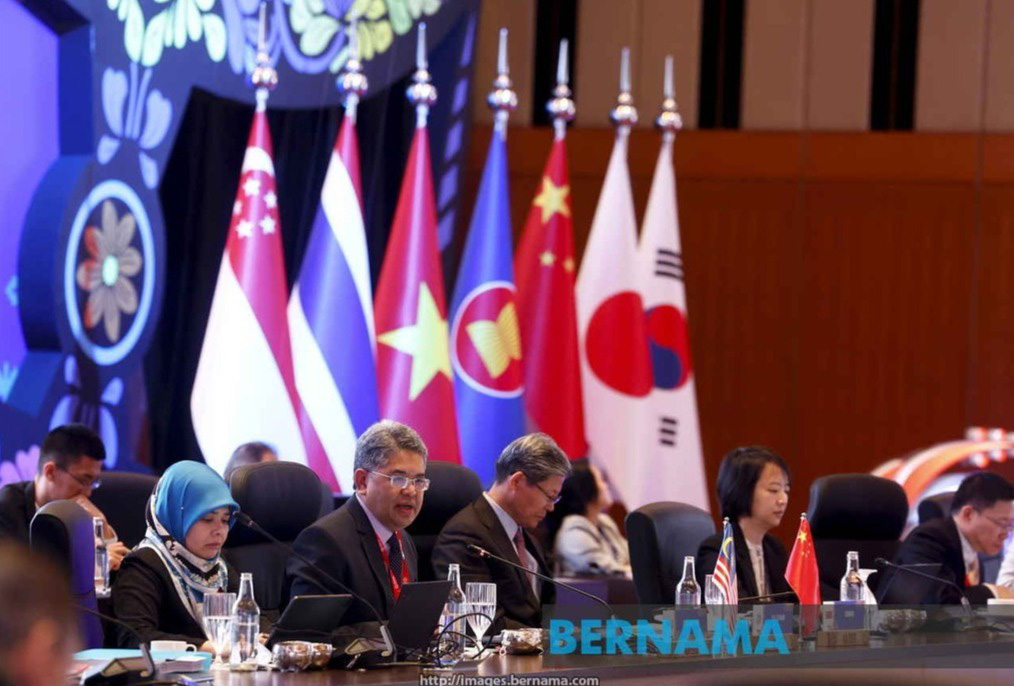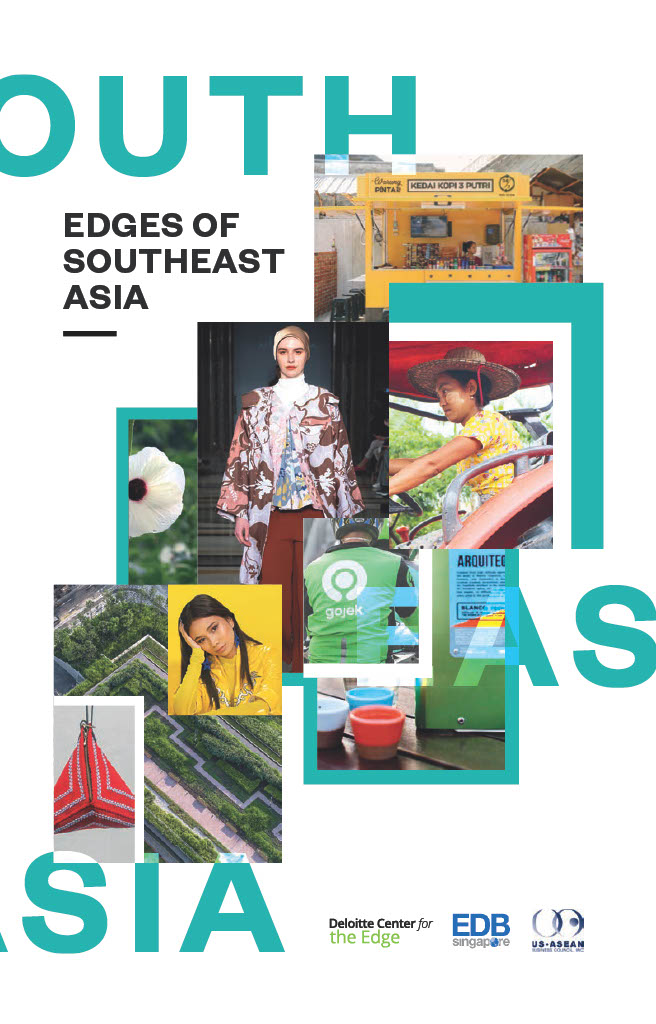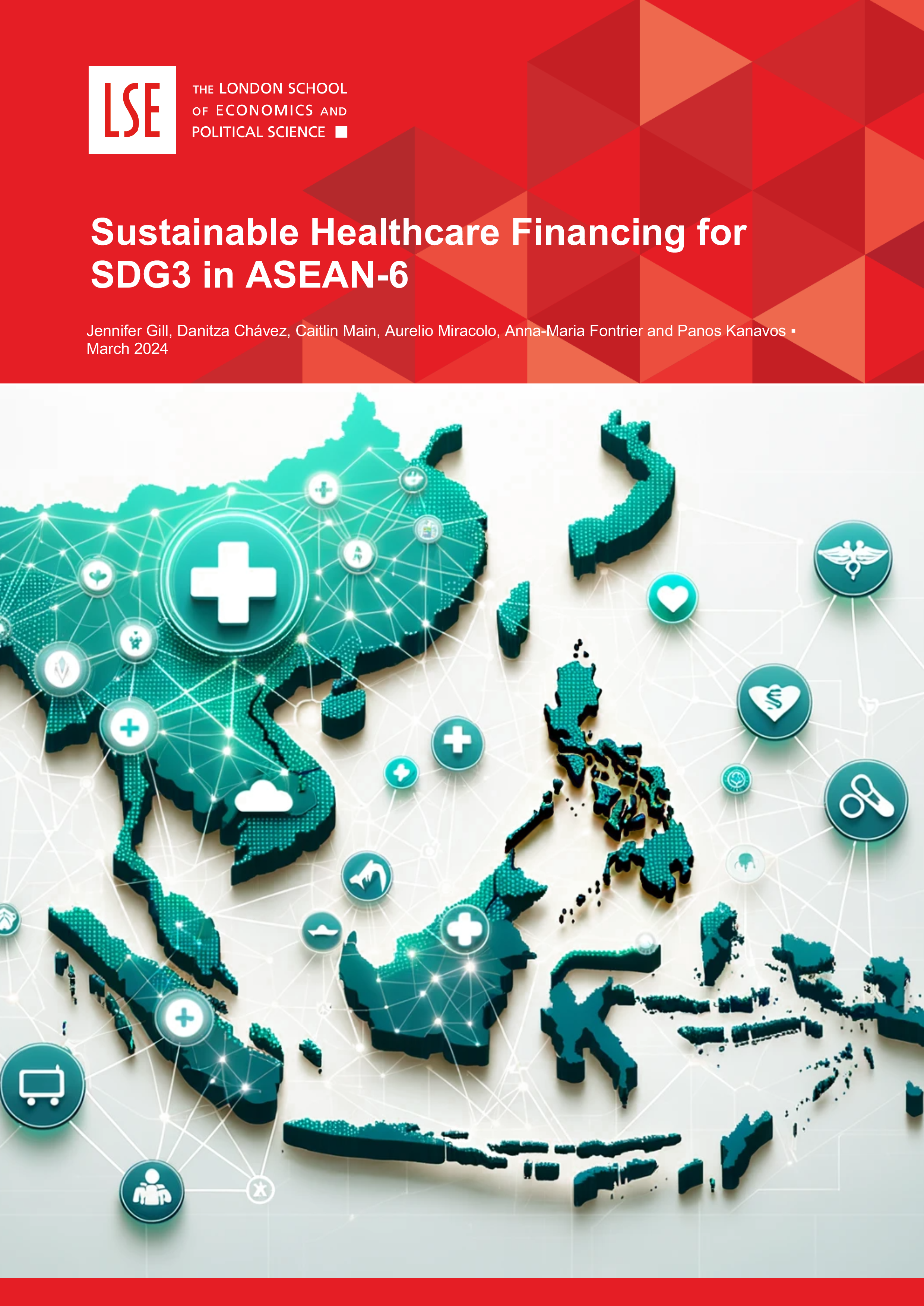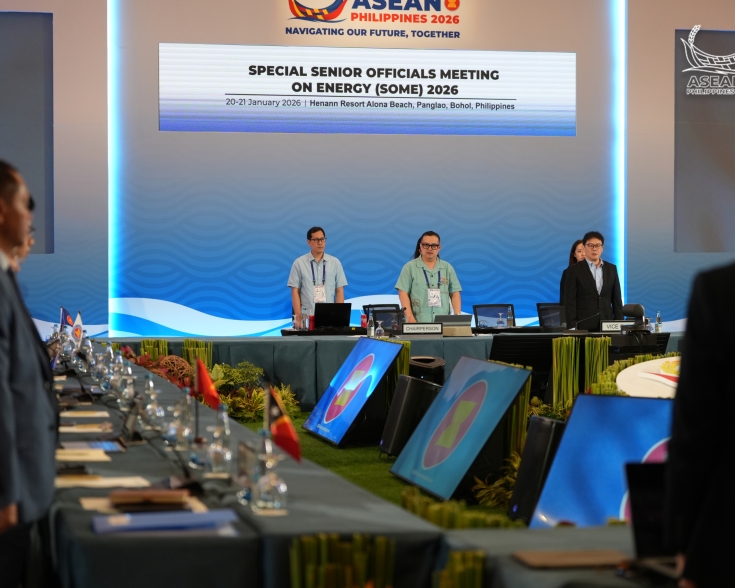ASEAN Aims to Advance Financial Integration to Increase Region’s Financial Resilience

At the 12th AFMGM held in Kuala Lumpur, member states reaffirmed their shared commitment to deepening financial integration and strengthening regional resilience amid rising global uncertainties, particularly from the newly imposed U.S. tariffs. Co-chaired by Malaysia’s Finance Minister II, Datuk Seri Amir Hamzah Azizan, and Bank Negara Malaysia Governor, Datuk Seri Abdul Rasheed Ghaffour, the meeting saw a significant momentum to reinforce ASEAN’s financial architecture. A key outcome produced in the joint statement was the decision to revisit the ASEAN Swap Arrangement (ASA), which provides member countries with liquidity support in times of crisis. Ministers also agreed to advance the operationalization of the Rapid Financing Facility (RFF) under ASEAN+3 to provide swift financial assistance to countries facing exogenous shocks. Additionally, the region moved to enhance the Chiang Mai Initiative Multilateralisation (CMIM), a $240 billion reserve pooling mechanism that includes ASEAN, China, Japan, and South Korea—by increasing its paid-in capital. These developments demonstrate ASEAN’s commitment to proactive financial risk mitigation and regional solidarity.
The AFMGM also focused on forward-looking measures to build a more sustainable and cohesive economic future. The ASEAN Infrastructure Fund (AIF) Action Plan (2025-2028) was officially endorsed, with the Asian Development Bank continuing as administrator, underscoring the region’s emphasis on financing climate-resilient infrastructure. Vietnam’s delegation expressed strong support for efforts to harmonize financial regulations, expand digital payments, and promote sustainable finance, including backing the ASEAN Taxonomy for Sustainable Finance and carbon market frameworks.









